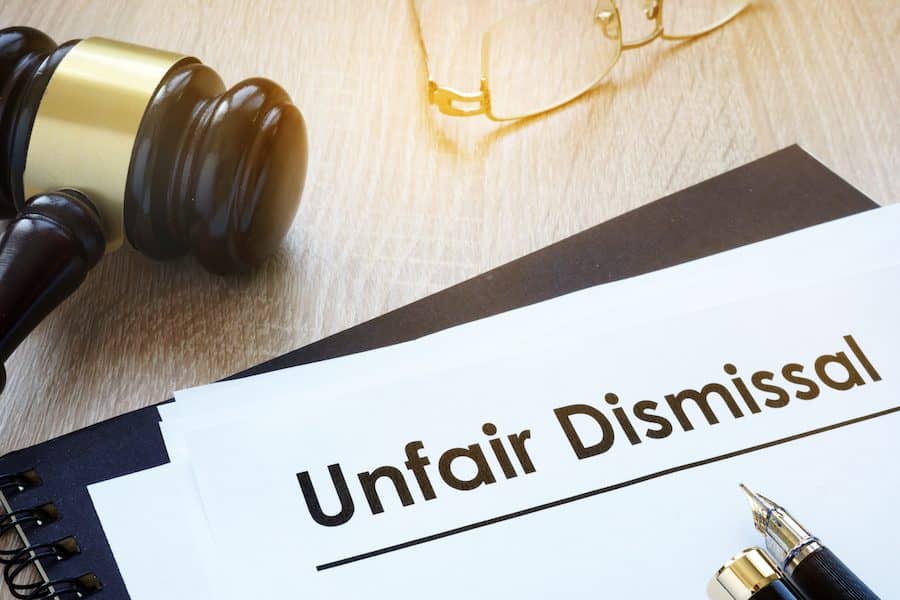Parties to an employment contract where illegal activity has occurred may be prevented from bringing employment related claims. Where an employment contract has been entered into lawfully, but then illegally performed, the enforceability of the contract will depend on the parties’ knowledge of, and active participation in, the illegal conduct. The Court of Appeal has previously found that an employee who unknowingly worked in breach of immigration rules was not stopped from enforcing her contract (Akedina v Chilake). The Court of Appeal has looked at this issue again recently in Robinson v His Highness Sheikh Al Qasimi.
The employee was hired in 2007 to look after Al Qasimi’s UK properties in his absence and the family when they visited. She was paid £34,000 a year and told she was responsible for her own tax and national insurance contributions. She paid no tax at all between 2007 and 2014. A dispute arose in 2014, with the employee saying her pay was net and that Al Qasimi should pay her tax. From 2014, the employer deducted amounts equivalent to the self-employment rates from her pay. The tax dispute continued, and the employee was dismissed in 2017. She brought an unfair dismissal claim.
The employment tribunal said there was a potentially fair reason to dismiss – the tax dispute – but the dismissal was unfair because there was no final meeting before dismissal and no right to appeal. The contract had been performed illegally because the employee had not declared or paid tax so she could not bring an unfair dismissal claim. The EAT said the tribunal’s approach to illegality was wrong. They reasoned that the employee had knowingly performed the contract illegally between 2007 and 2014. However, she had then worked for three more years after that where tax was paid. That meant that she could bring her claim when she was dismissed at the end of that three-year period. The Court of Appeal agreed and clarified the illegality test in relation to employment contracts. The focus should be on whether the claim arises out of, or is so bound up in, the illegal conduct that the court couldn’t allow the employee to recover compensation without appearing to condone that conduct. Illegality will prevent an employee’s claim only if the employee knows about and actively participates in the illegal performance of the employment contract. A causal link between the illegal conduct and the claim will also be relevant, as will the seriousness of the illegality and its proximity to the legal claim. Bearing all that in mind, they agreed with the EAT that illegal conduct between 2007 and 2014 did not stop the employee from pursuing her rights in 2017.
We understand that the employer in this case has appealed to the Supreme Court so this case may not be over. However, the judgment shows that illegal conduct of an employment contract can affect an employee’s rights to bring a claim in relation to it. In this case, the illegal conduct had finished three years before the unfair dismissal claim, which meant the causal link between that conduct and the claim had been broken. There is an important lesson here for employers too. Even in cases where illegal conduct is clear, employers should always follow a fair procedure to minimise any litigation risk.
Find out how we can help. Our partner, Jon Dunkley, heads the Wollens specialist Employment Department. Contact him today for an informal chat, without obligation on 01271 342268 or via email at [email protected].



